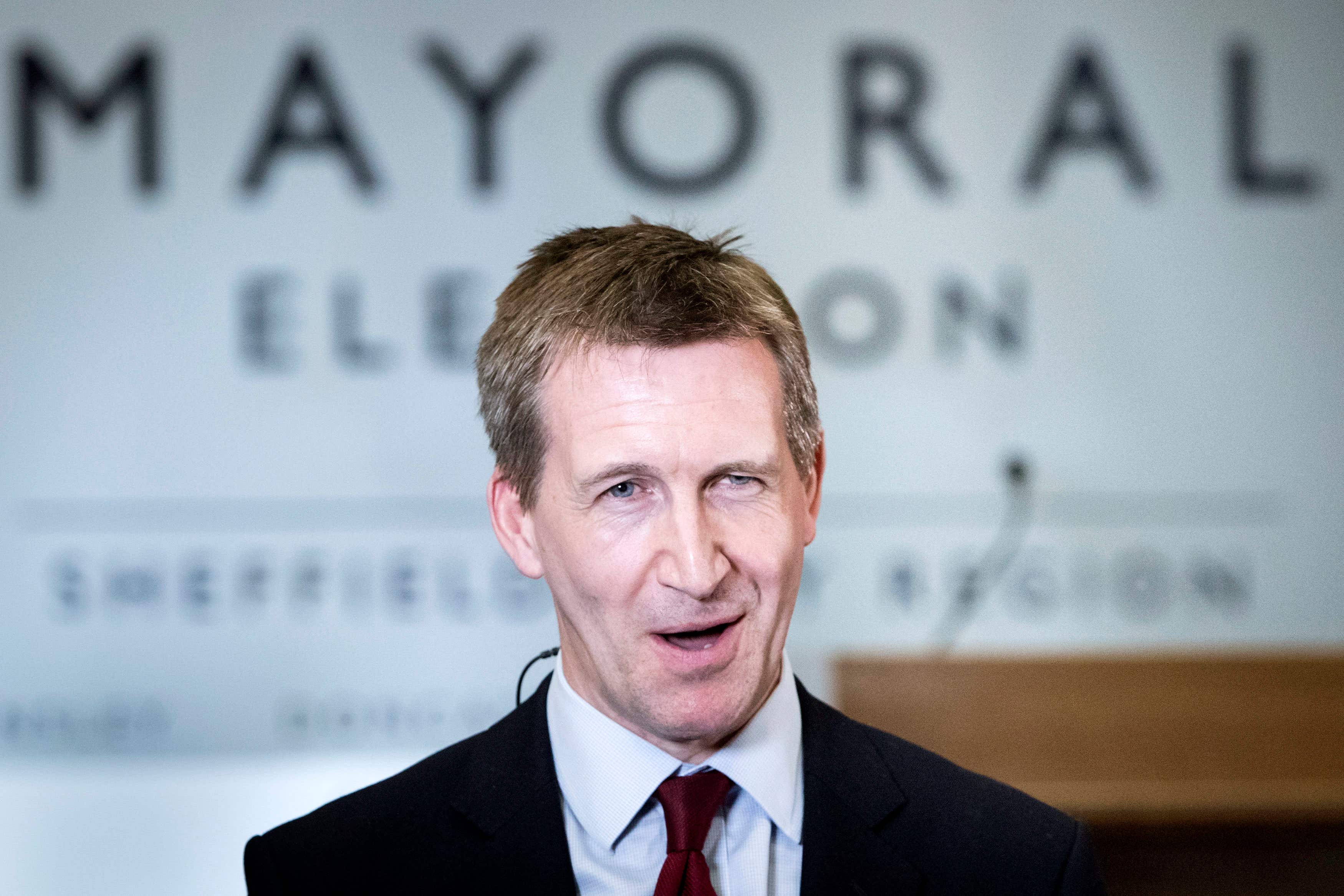Criticism of Starmer’s defence spending plans ‘unfair’, security minister says
Dan Jarvis defended the Prime Minister against accusations of hypocrisy after he pressed Nato allies to increase defence spending.

Criticism of Sir Keir Starmer’s defence spending plans are “unfair”, the security minister has said as he defended the Government’s strategic defence review.
The major assessment will be launched next week and will set out a road map to spending 2.5% of gross domestic product (GDP) on defence.
Dan Jarvis on Thursday described the commitment to 2.5% as “absolutely cast iron”, but no date has been put on when spending will rise to this level.
It’s important that we follow the process and look carefully at the nature of the threat that our country faces
The minister was asked whether there was a “whiff of hypocrisy” in Sir Keir urging other Nato countries to honour their official goal of spending 2% of GDP on defence while the UK reviews its own funding.
Mr Jarvis told LBC Radio host Nick Ferrari: “I think that would be unfair, Nick, if you don’t mind me saying.
“The Prime Minister has made a cast-iron guarantee that we will get to the point where we are spending 2.5% of GDP on our defence capabilities, but we think that these things should be done properly.”
Asked whether defence spending could be cut instead, Mr Jarvis said: “I personally think it’s inconceivable that the British Army would go down, but that is precisely why you need a proper process at work to look at the capabilities that you have.”
He added: “Our commitment to 2.5% of GDP is absolutely cast iron, and we will get to the point as quickly as we possibly can, but it needs to be informed by the process of review that will be initiated very shortly.”
Labour has said it will aim to complete the review in less than a year, but some former military chiefs have insisted such decisions cannot wait that long.
The Prime Minister has refused to guarantee he will meet the flagship commitment within his first term in office.
Pressed on the timeline, Mr Jarvis said the Government is “not in the business of cutting corners”.
He told Sky News: “It’s important that we follow the process and look carefully at the nature of the threat that our country faces, and the resources that will be required to put in place an armed forces that is fit for purpose… it’s an important process that will take a period of months.”
Labour has stressed that decisions on defence spending must comply with the Government’s strict fiscal rules on spending and borrowing, with Mr Jarvis saying the strength of the economy is “fundamental” to the process.
Sir Keir is facing pressure from opposition critics and former military chiefs over the timescale, with some arguing it cannot wait given the gravity of threats facing Britain.
The Prime Minister is at the Nato summit in Washington DC, which comes as the alliance debates how to “Trump-proof” its future and its support for Ukraine in case former US president Donald Trump is returned to the White House in November’s election.
The Republican candidate has been a vocal critic of European nations not doing enough to fund their own defence and has threatened to withdraw support for Ukraine.
Nato members have an official goal of spending 2% of GDP on defence and 23 members are thought to have reached that level.
Before his election defeat, Rishi Sunak had committed to reach 2.5% by 2030 at a cost of £75 billion over six years.
The Tories accused the Government of creating “huge uncertainty” by declining to match that pledge.
Shadow defence secretary James Cartlidge said: “This morning, the security minister was forced to defend Keir Starmer for calling on Nato members to increase defence spending when the Labour Government have not set a date to reach 2.5% of defence spending by.
“In a world that is more volatile and dangerous than at any time since the Cold War, Keir Starmer’s Labour Government had a clear choice to match the Conservatives’ fully funded pledge to spend 2.5% of GDP on defence by 2030. By failing to do so, they’ve created huge uncertainty for our armed forces, at the worst possible time.”
Bookmark popover
Removed from bookmarks